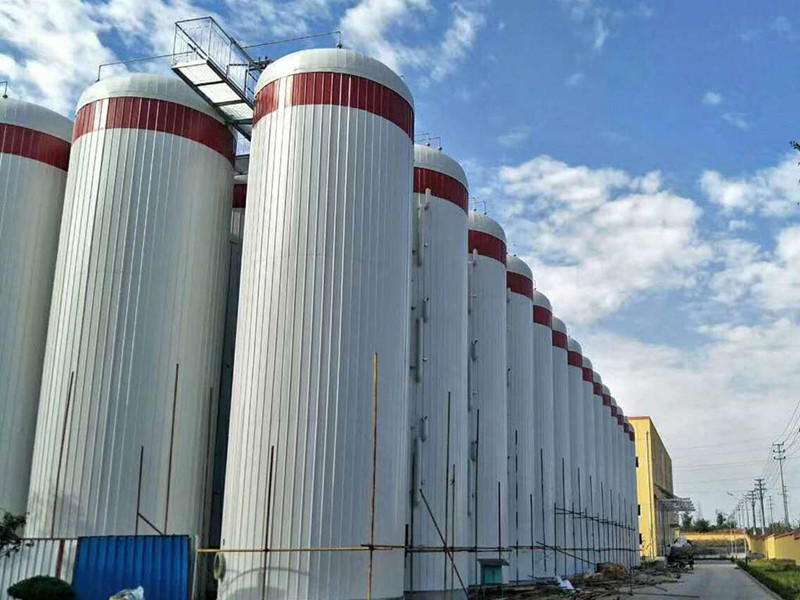
-
 Afrikaans
Afrikaans -
 Albanian
Albanian -
 Amharic
Amharic -
 Arabic
Arabic -
 Armenian
Armenian -
 Azerbaijani
Azerbaijani -
 Basque
Basque -
 Belarusian
Belarusian -
 Bengali
Bengali -
 Bosnian
Bosnian -
 Bulgarian
Bulgarian -
 Catalan
Catalan -
 Cebuano
Cebuano -
 China
China -
 China (Taiwan)
China (Taiwan) -
 Corsican
Corsican -
 Croatian
Croatian -
 Czech
Czech -
 Danish
Danish -
 Dutch
Dutch -
 English
English -
 Esperanto
Esperanto -
 Estonian
Estonian -
 Finnish
Finnish -
 French
French -
 Frisian
Frisian -
 Galician
Galician -
 Georgian
Georgian -
 German
German -
 Greek
Greek -
 Gujarati
Gujarati -
 Haitian Creole
Haitian Creole -
 hausa
hausa -
 hawaiian
hawaiian -
 Hebrew
Hebrew -
 Hindi
Hindi -
 Miao
Miao -
 Hungarian
Hungarian -
 Icelandic
Icelandic -
 igbo
igbo -
 Indonesian
Indonesian -
 irish
irish -
 Italian
Italian -
 Japanese
Japanese -
 Javanese
Javanese -
 Kannada
Kannada -
 kazakh
kazakh -
 Khmer
Khmer -
 Rwandese
Rwandese -
 Korean
Korean -
 Kurdish
Kurdish -
 Kyrgyz
Kyrgyz -
 Lao
Lao -
 Latin
Latin -
 Latvian
Latvian -
 Lithuanian
Lithuanian -
 Luxembourgish
Luxembourgish -
 Macedonian
Macedonian -
 Malgashi
Malgashi -
 Malay
Malay -
 Malayalam
Malayalam -
 Maltese
Maltese -
 Maori
Maori -
 Marathi
Marathi -
 Mongolian
Mongolian -
 Myanmar
Myanmar -
 Nepali
Nepali -
 Norwegian
Norwegian -
 Norwegian
Norwegian -
 Occitan
Occitan -
 Pashto
Pashto -
 Persian
Persian -
 Polish
Polish -
 Portuguese
Portuguese -
 Punjabi
Punjabi -
 Romanian
Romanian -
 Russian
Russian -
 Samoan
Samoan -
 Scottish Gaelic
Scottish Gaelic -
 Serbian
Serbian -
 Sesotho
Sesotho -
 Shona
Shona -
 Sindhi
Sindhi -
 Sinhala
Sinhala -
 Slovak
Slovak -
 Slovenian
Slovenian -
 Somali
Somali -
 Spanish
Spanish -
 Sundanese
Sundanese -
 Swahili
Swahili -
 Swedish
Swedish -
 Tagalog
Tagalog -
 Tajik
Tajik -
 Tamil
Tamil -
 Tatar
Tatar -
 Telugu
Telugu -
 Thai
Thai -
 Turkish
Turkish -
 Turkmen
Turkmen -
 Ukrainian
Ukrainian -
 Urdu
Urdu -
 Uighur
Uighur -
 Uzbek
Uzbek -
 Vietnamese
Vietnamese -
 Welsh
Welsh -
 Bantu
Bantu -
 Yiddish
Yiddish -
 Yoruba
Yoruba -
 Zulu
Zulu
Innovative Solutions for Lightweight and Durable Fiberglass Pipe Applications
The Benefits and Applications of Fiberglass Pipe
Fiberglass pipe has emerged as a revolutionary material in various industrial applications, thanks to its superior strength, durability, and versatility. Made from a composite of glass fibers and resin, fiberglass pipes provide a robust alternative to traditional materials such as steel, concrete, and plastic. As industries continue to seek innovative solutions for their piping needs, fiberglass has proven to be an advantageous choice.
Strength and Durability
One of the primary benefits of fiberglass pipe is its exceptional strength-to-weight ratio. Fiberglass is much lighter than metal pipes, which not only makes it easier to handle during installation but also reduces overall transportation costs. Despite its lightweight nature, fiberglass pipe is incredibly strong and resilient, capable of withstanding high pressure and extreme environmental conditions. This makes it an ideal choice for applications that require robust and long-lasting piping solutions.
Moreover, fiberglass is highly resistant to corrosion, making it suitable for transporting a wide range of substances, including chemicals and wastewater. Unlike metal pipes that may rust or corrode in the presence of certain chemicals, fiberglass pipes maintain their integrity and performance over time. This resistance to chemical attack not only extends the life of the pipe but also minimizes maintenance costs.
Versatility in Applications
Fiberglass pipes are used in a variety of industries, including water and wastewater treatment, oil and gas, chemical processing, and agricultural irrigation. In the water and wastewater sector, fiberglass pipes are particularly popular due to their leak-resistant properties, which help prevent contamination and ensure efficient water transport. Additionally, their lightweight nature allows for easy installation in locations that may be challenging to access with traditional piping materials.
fiberglass pipe

In the oil and gas industry, fiberglass pipes are increasingly used for transporting crude oil, natural gas, and various chemicals. Their ability to withstand high pressures and resist corrosion makes them a reliable option for these demanding environments. Furthermore, fiberglass pipes are often used in offshore applications, where exposure to saltwater and harsh weather conditions can lead to significant wear and tear on conventional pipes.
Environmental Benefits
Another compelling advantage of fiberglass pipes is their environmental impact. The use of fiberglass can reduce greenhouse gas emissions during manufacturing compared to metal pipes, as the production process typically requires less energy. Additionally, the longevity and durability of fiberglass pipes contribute to a reduction in waste, as they do not need to be replaced as frequently as other materials.
Further enhancing their eco-friendly credentials, fiberglass pipes can also be designed with recycled materials, thereby promoting sustainability. Their chemical resistance and longevity reduce the need for replacements, contributing to less environmental degradation over time.
Conclusion
As industries continue to evolve, the demand for reliable, efficient, and environmentally friendly piping solutions will only grow. Fiberglass pipe stands out as a remarkable option that meets these needs, offering a combination of strength, durability, and versatility across a multitude of applications. Its resistance to corrosion, lightweight nature, and reduced environmental impact make it an ideal choice for modern engineering challenges. As awareness of the benefits of fiberglass pipe increases, it is likely that this innovative material will play an even more significant role in the future of industrial piping systems.









